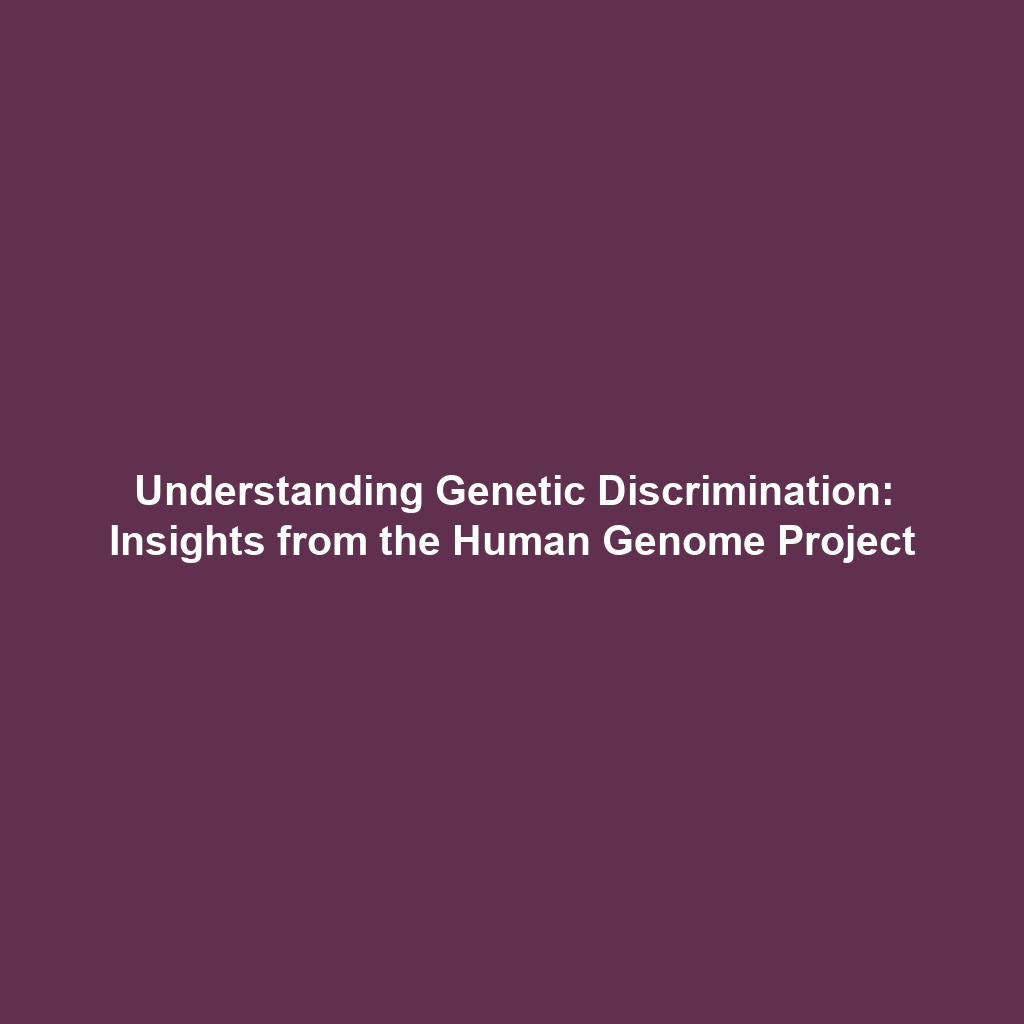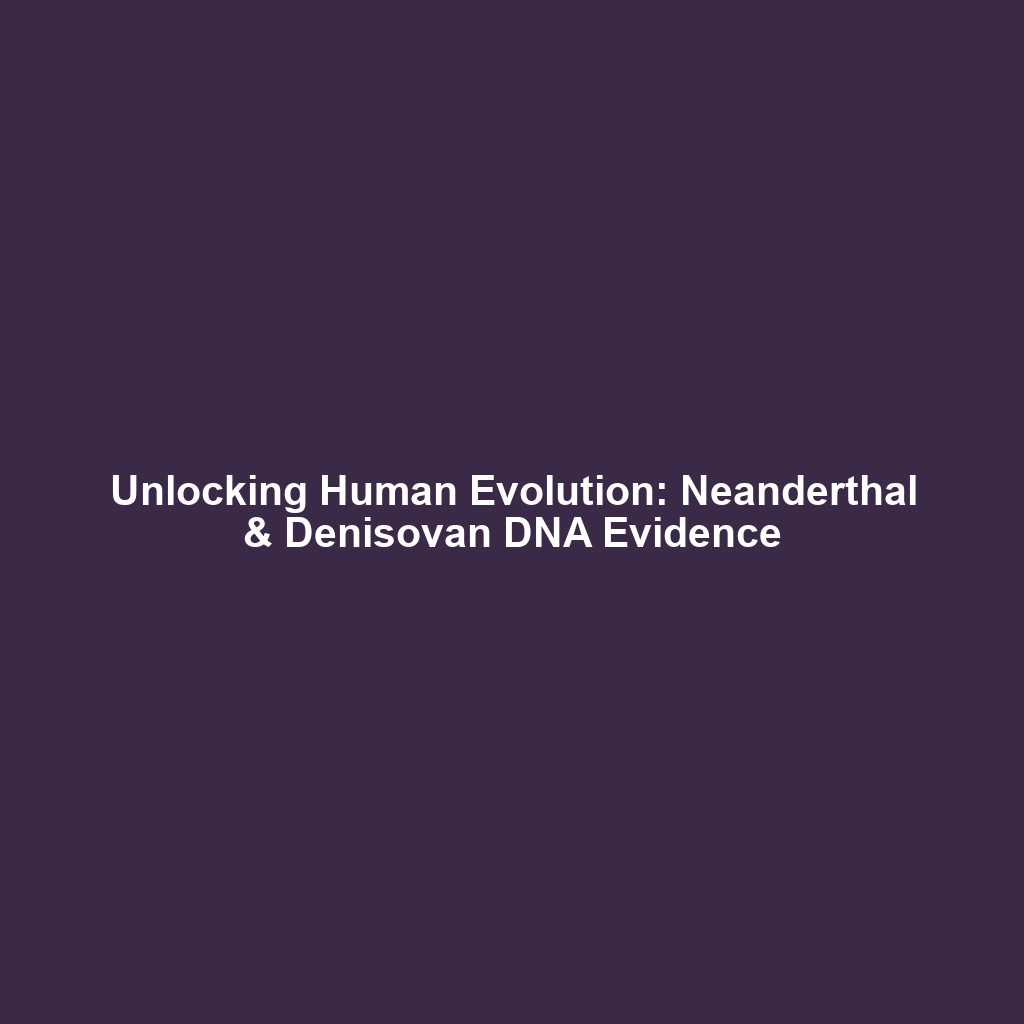The Human Genome Project: Insights into Human Genes
The Human Genome Project (HGP) revolutionized our understanding of human genetics by revealing that humans have approximately 20,000–25,000 genes. This finding, which is fewer than previously anticipated, has significant implications for genetics, medicine, and evolutionary biology. Understanding the actual number of genes is critical for advancing research in genomics, personalized medicine, and biotechnology. This article delves into the implications of this revelation within the broader context of the Human Genome Project.
Key Concepts of the Human Genome Project
The Human Genome Project was an international scientific research initiative aimed at mapping and understanding all the genes of the human species. Here are some key concepts associated with the findings related to the number of genes:
- Gene Count: While estimates prior to the HGP suggested humans had over 100,000 genes, the project ultimately determined that the number is between 20,000 and 25,000.
- Gene Function: Many genes have multiple functions, leading to complexities in understanding their roles within the genome.
- Regulatory Elements: The HGP also highlighted the importance of regulatory elements that control gene expression, which are just as crucial as the genes themselves.
Applications of Gene Count in the Human Genome Project
Understanding that humans have fewer genes than previously thought has significant real-world implications:
- Personalized Medicine: Knowledge of gene count aids in the development of targeted therapies based on individual genetic profiles.
- Genomic Research: Refined understanding of gene function enhances research into genetic disorders and diseases.
- Evolutionary Studies: The findings provide insights into human evolution and genetic similarities with other species.
Current Challenges in Studying Human Genes
Despite the advances brought forth by the HGP, several challenges persist in studying the number of human genes:
- Challenges in accurately annotating gene functions.
- Issues of genetic variation and its impact on gene expression.
- Difficulty in understanding complex gene interactions.
- Ethical concerns related to genetic privacy and data sharing.
Future Research and Innovations
The future of genetics post-HGP is promising, with ongoing research focusing on:
- Next-Gen Sequencing: Innovations in sequencing technology are expected to illuminate gene functions and relationships even further.
- CRISPR and Gene Editing: These technologies are advancing our ability to manipulate genes for therapeutic purposes.
- Data Integration: Integrating genomic data with phenotypic information could lead to breakthroughs in understanding complex diseases.
Conclusion
In conclusion, the revelation that humans possess approximately 20,000–25,000 genes has reshaped our understanding of human genetics and the Human Genome Project. This finding not only sheds light on gene function but also opens numerous avenues for future research and practical applications. As we explore these innovations, a deeper understanding of our genome will continue to evolve. For more information on the implications of the Human Genome Project, explore our related articles on future research directions and gene therapy applications.






